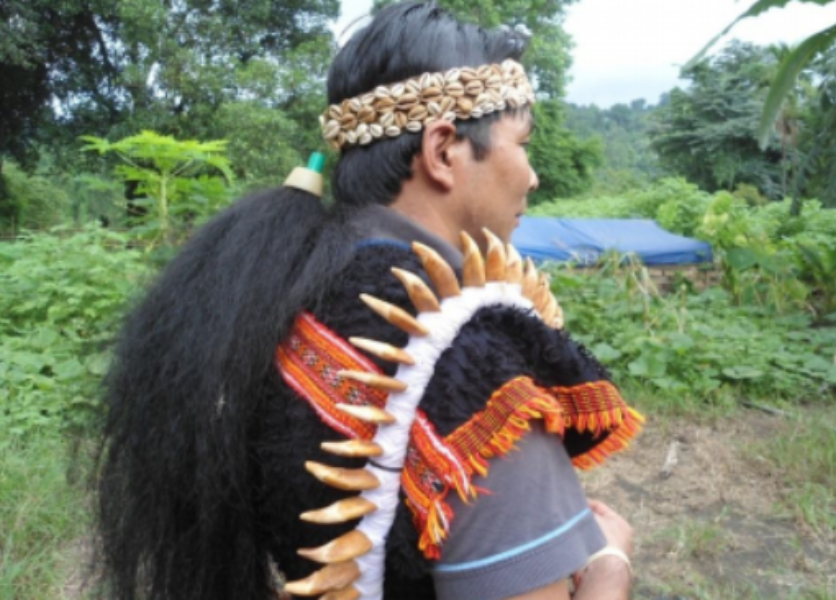State
Tribe Name
Art Type
short description
Admitted to Arunachal Pradesh, the Idu Mishmi tribe inhabits mostly the Dibang Valley, Lower Dibang Valley, Lohit, and some pockets of East Siang and Upper Siang. The funeral rites are very much spiritual and associated with the belief regarding the existence of life after death. The Idu Mishmis believe that the soul departs from the physical world to the divine world, which they call Muduasialoko (land of souls).
Thumbnail

Filter Postion
Left
Filter Background
Off
Theme
Filter Header Image

content
Image

description
Admitted to Arunachal Pradesh, the Idu Mishmi tribe inhabits mostly the Dibang Valley, Lower Dibang Valley, Lohit, and some pockets of East Siang and Upper Siang. The funeral rites are very much spiritual and associated with the belief regarding the existence of life after death. The Idu Mishmis believe that the soul departs from the physical world to the divine world, which they call Muduasialoko (land of souls).
Among the Idu Mishmis, the funeral ceremony is an elaborate affair lasting from 3 days to 5 days, depending upon the character of the death that has occurred. The Igu is a shamanic priest and is key to the funeral ritual. All the chanting, dancing, and musical offerings made by the Igu ensure that the spirit of the deceased passes smoothly into the world beyond. These rituals take place in the home of the deceased (Aatiyakong) and at the burial site (Broacha). During this time, mourning family members are not allowed to leave their home without the permission of the Igu.
Among the Idu Mishmis, the funeral ceremony is an elaborate affair lasting from 3 days to 5 days, depending upon the character of the death that has occurred. The Igu is a shamanic priest and is key to the funeral ritual. All the chanting, dancing, and musical offerings made by the Igu ensure that the spirit of the deceased passes smoothly into the world beyond. These rituals take place in the home of the deceased (Aatiyakong) and at the burial site (Broacha). During this time, mourning family members are not allowed to leave their home without the permission of the Igu.
Image Mode
landscape
Image

description
The Igu's role is to lead the soul from this land to Asialoklo (final resting place of spirits). The funeral rites therefore serve as farewell rites and as protection for the living from the hungry ghosts.
Image Mode
landscape
promoted
On
Verified
Off
